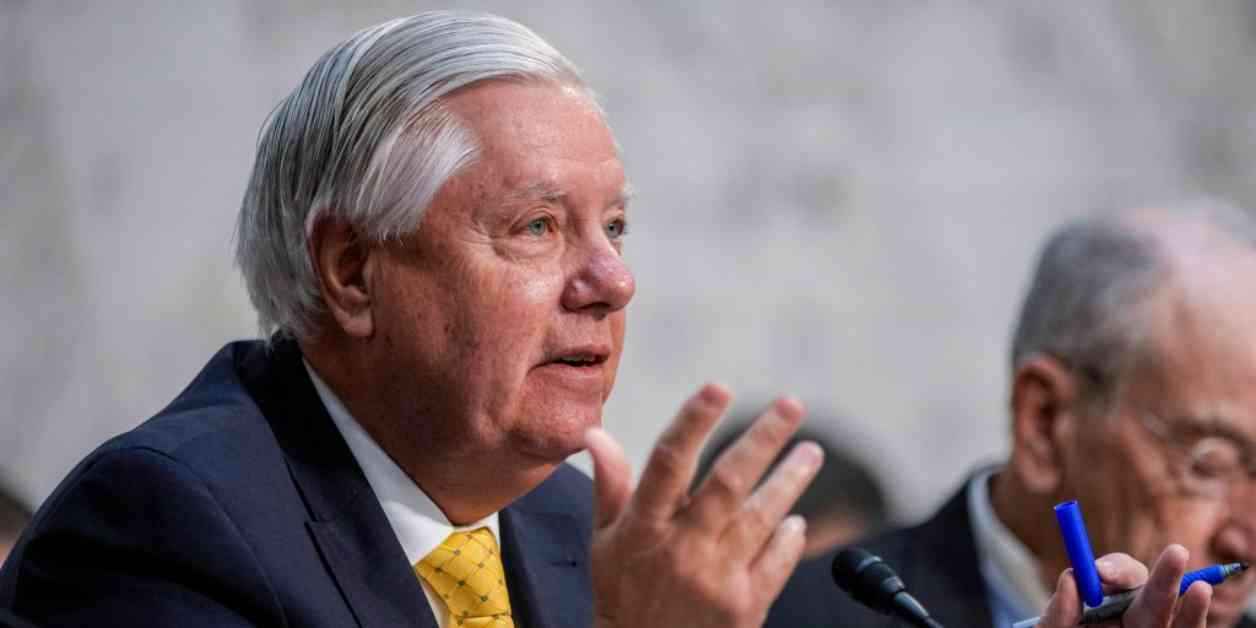Sen. Lindsey Graham Calls for Increased Resources to Support Mass Deportation Plan
Sen. Lindsey Graham of South Carolina recently made a compelling plea to his fellow Republican lawmakers, urging them to allocate more resources to President Trump’s mass deportation strategy. In an interview on NBC News’ “Meet the Press,” Graham highlighted the critical issue of inadequate funding hindering the administration’s ability to carry out its deportation plan effectively.
President Trump’s ambitious campaign promise to deport all 11 million undocumented immigrants residing in the U.S. has faced significant challenges due to the lack of financial support. Despite initial assurances that cost was not a concern, the administration’s border czar, Tom Homan, has emphasized the need for substantial funding to execute the plan successfully.
The Cost of Deportation: A Major Hurdle
Homan has estimated that a minimum of $86 billion is required to kickstart the deportation operation, emphasizing the long-term tax savings that could benefit American taxpayers. The financial burden of hiring more Immigration and Customs Enforcement agents and expanding detention facilities has underscored the necessity of congressional appropriations to support the administration’s ambitious goal.
Graham’s Solution: A Call for Action
In response to the funding shortfall, Sen. Graham proposed using the reconciliation process to pass bills allocating $100 billion for border security and $200 billion for national security. By providing the necessary resources to Homan’s team, Graham believes the administration can effectively implement a mass deportation strategy, albeit with a focus on prioritizing removal of criminal elements and gang members.
Challenges Ahead: Realistic Expectations
Despite the push for increased funding, Graham acknowledged the logistical challenges of deporting over 10 million individuals within a single presidential term. While expressing doubts about the feasibility of such a massive operation, Graham and Homan both underscored the importance of resource allocation in maximizing deportation efforts.
Expert Insights: The Reality of Financial Constraints
Homan, in a subsequent interview on ABC News’ “This Week,” reiterated the financial limitations that could impact the administration’s deportation plans. Emphasizing the need for efficiency and effectiveness, Homan stressed the correlation between funding levels and the administration’s ability to achieve its deportation goals.
In conclusion, Sen. Graham’s advocacy for increased resources to support President Trump’s mass deportation plan highlights the complex interplay between policy objectives, financial constraints, and logistical realities. As the debate over immigration enforcement continues, the critical question remains: will the necessary funding be allocated to turn rhetoric into action?


